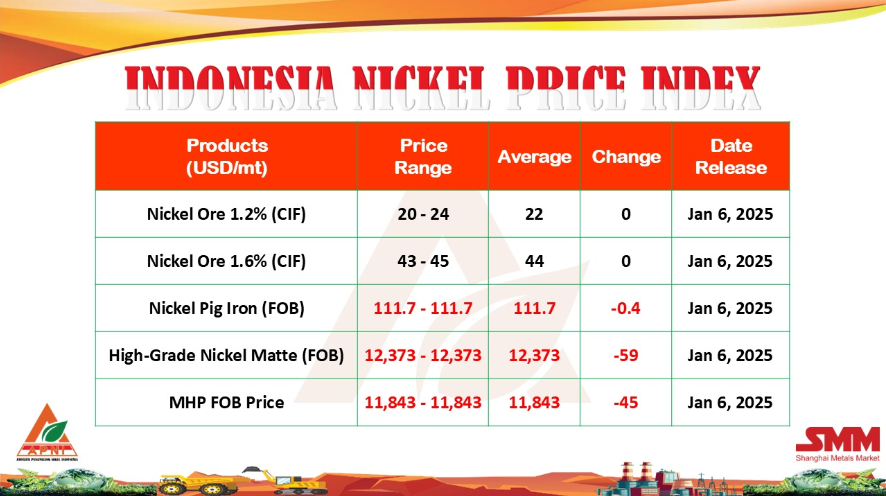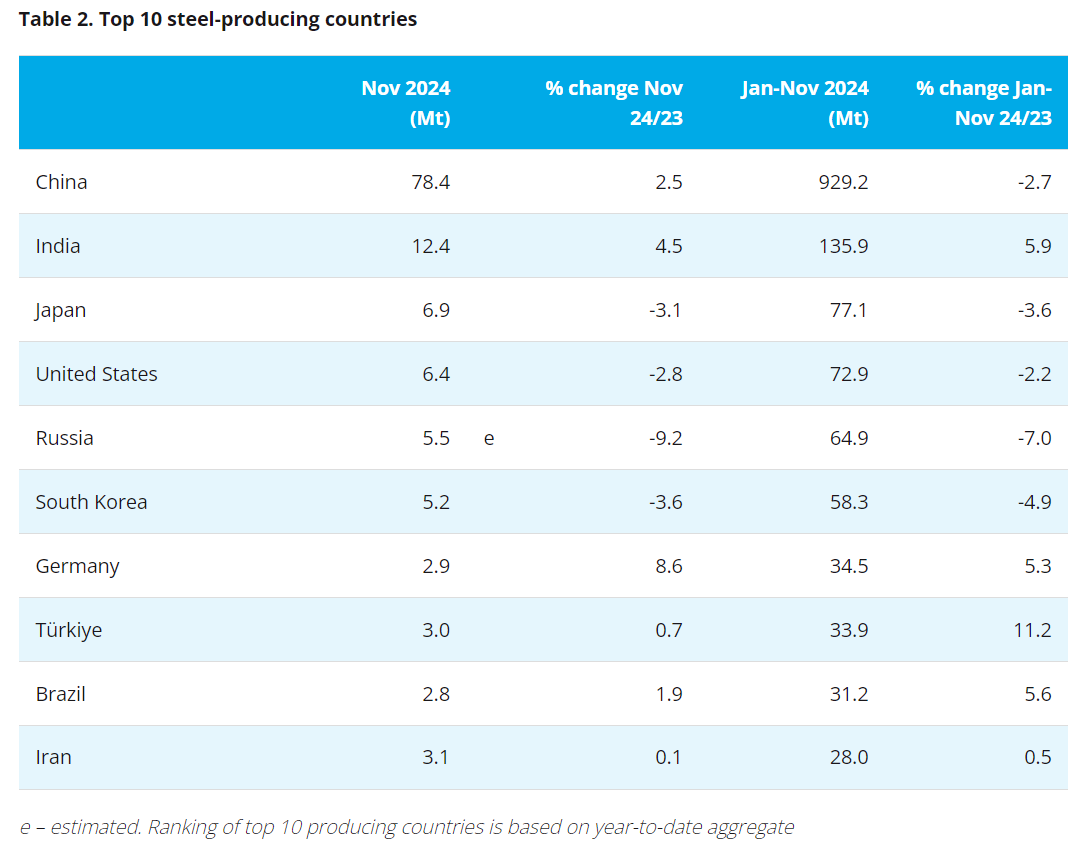Report on Steel Industry of Pakistan
www.ferro-alloys.com: Mabroor Ahmed- Country Head/Representative
Pakistan is an Industrial country, with its export in almost all the industries in the world. But sadly, Pakistan Steel and Iron Industry remains small inspite of surging domestic demand on increased public spending, infrastructure and robust private construction activity, in recent years. Manufacturers underscore the absence of a clear-cut policy framework for the development of the domestic industry, tax-related issues, and influx of under-invoiced products from China and elsewhere as major factors keeping investors at bay.
It is been reported that the Pakistan’s Steel consumption remains as low as 23kg per person compared with more than 58kg in India, the Asian average of 261kg and the global average of 217kg, which, according to a CEO of Steel Company, “massive potential for new investments and job creation” in this sector. Some producers fear that Chinese firms involved in the CPEC projects will prefer to import steel from their country rather than buying it from the local market.
Steel local production capacity of more than 350 steel mills spread across the country is estimated to be around 6m tonnes, negligible when compared with the global capacity of 1.65bn tonnes. While another CEO of a Steel Company, say less than 10pc of the actual local steel production of 4-4.5m tonnes meets international quality standards. The rest of the production falls in the category of ‘ungraded, unrecognizable and untraceable material’. Consequently, local steel products are unable to compete with cheaper imports, particularly from China, where manufacturers enjoy benefits from economies of scale and a more efficient production processes.
Over the last several years, the steel consumption in the country has spiked to 6-7m tonnes a year, mainly on the back of increasing public spending on infrastructure projects, including roads, bridges, dams, power plants, etc, and rising private construction activity. Yet local producers have not been able to take full advantage of this surge in demand as almost one-third of the domestic consumption is met by cheaper imported products. It has been noted that Pakistan’s steel imports had cost the country $2.6bn in FY2015 and $2.2bn in FY2016.
Indeed, some quality steel producers like Agha Steel, Amreli Steel, International Steel, Mughal Steel and Aisha Steel have either increased their production and sales or are expanding their capacity, with a view to grabbing new opportunities being created by heavy public infrastructure development spending and the initiation of the CPEC projects. But even their enhanced, combined production will be sufficient to meet only a small fraction of the additional demand. On top of that some producers fear that the Chinese firms involved in the CPEC projects will prefer to import steel from their country rather than buying it from the local market unless the government takes actions to ensure that imports are allowed for CPEC projects only when the local industry is not able to meet demand.
In its second quarterly report on the State of the Economy for FY2016, the State Bank too supported the industry’s demand for a long-term policy for the protection of larger producers using modern, efficient technology (against unfair competition).
“From a long-term policy perspective, the local industry will need to acquire economies of scale and modern, efficient technology to become competitive… But they require adequate policy support in order to smoothly run their operations,” the bank had stated.
“In view of the significance of steel for other sectors of the economy, Pakistan needs a clear and consistent policy. Such a policy should identify segments in the steel chain that need protection at the initial stage; define and enforce quality and performance standards; and ensure fair competition in the market. This policy should also consider the level of protection available to steel manufacturers in Pakistan’s competitors, especially China and India,” the bank said.
The report underscored that Chinese imports posed a major challenge to the local producers of high quality steel. “… Pakistan, being one of its (China’s) largest importers, witnessed a sharp increase of 22pc in steel imports from China during H1-FY16. Local plants are unable to meet the domestic demand for high quality products particularly those that are used in the assembling of automobiles and appliances.
“Falling international prices of iron, steel and allied products over the last few years made it feasible for the domestic sector to import huge quantities; the industry would not be able to sustain this level of imports if prices revert.”
- [Editor:admin]



 Save
Save Print
Print Daily News
Daily News Research
Research Magazine
Magazine Company Database
Company Database Customized Database
Customized Database Conferences
Conferences Advertisement
Advertisement Trade
Trade














 Online inquiry
Online inquiry Contact
Contact

Tell Us What You Think